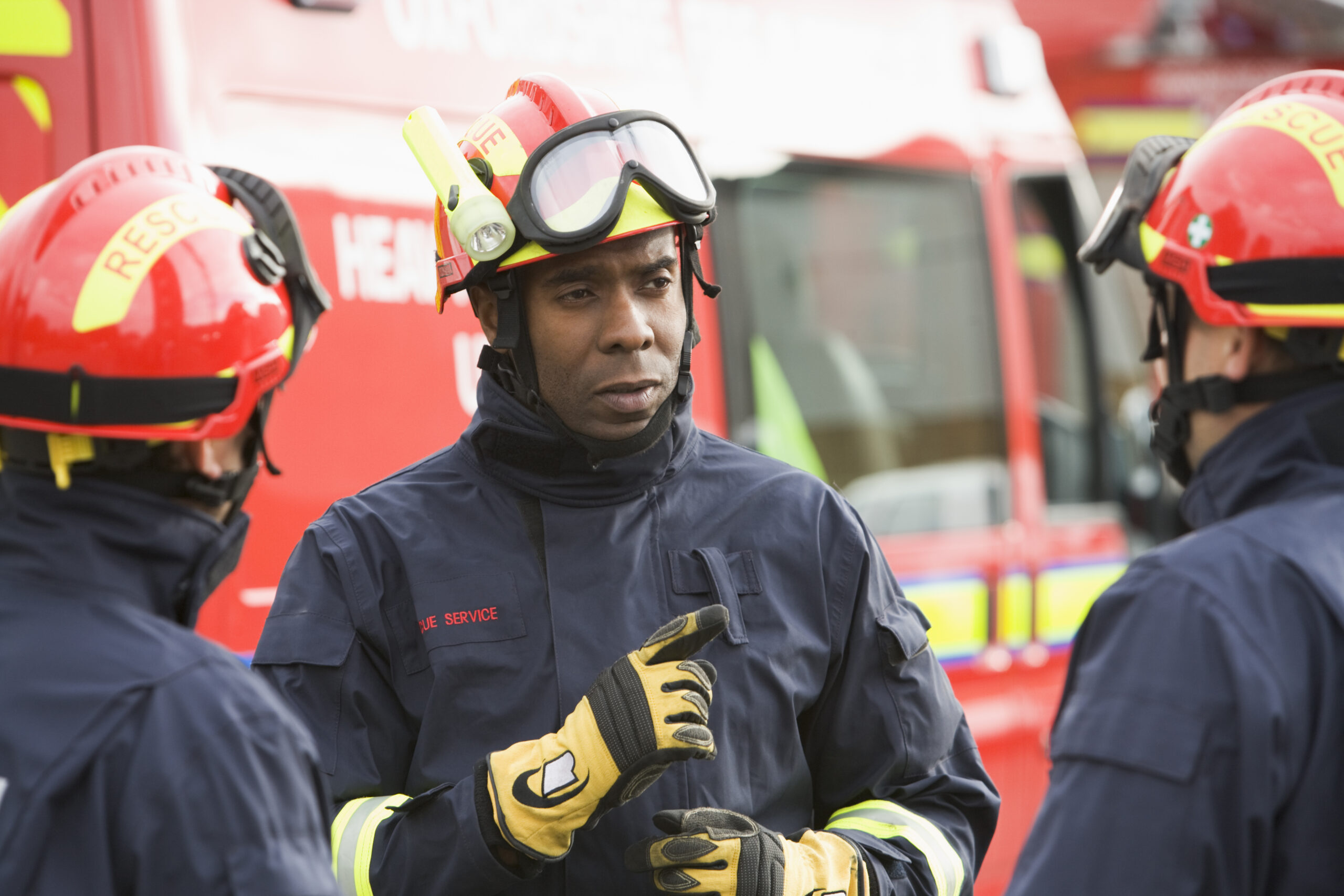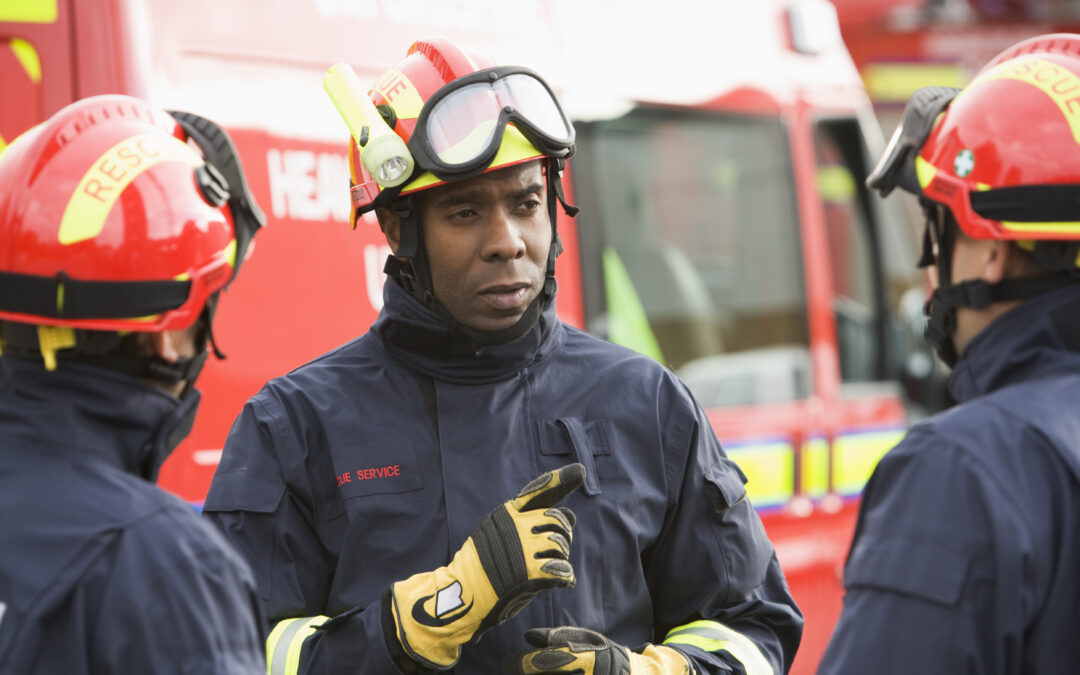Introduction to Disaster Preparedness
Natural disasters can strike at any time, and it’s essential for families to be prepared. Having a plan in place before an emergency occurs is crucial because it helps you stay calm and focused during chaotic situations. In this article, we will discuss the basics of disaster preparedness and what every family should know to keep themselves safe.
The Importance of Having a Plan
Having a well-thought-out plan is critical when dealing with natural disasters or other emergencies. Families need to sit down together and create a plan that includes evacuation routes, meeting places, and communication protocols. It’s also important to practice your plan regularly so everyone knows what to do if an emergency arises.
Creating an Emergency Kit
Another vital aspect of disaster preparedness is creating an emergency kit. This kit should include supplies such as non-perishable food items, water, first aid equipment, flashlights, extra batteries, and clothing. You may want to consider adding additional items like cash, copies of important documents, and medications to your kit as well.
Staying Informed During a Crisis
During a crisis, it’s imperative to stay informed about the situation. Keep an eye on local news channels and weather reports to ensure you have up-to-date information. You can also sign up for alerts from your community’s emergency management agency to receive notifications on your phone or email.
Evacuation Procedures and Routes
If you live in an area prone to hurricanes, earthquakes, or wildfires, it’s essential to have evacuation procedures and routes planned out ahead of time. Make sure everyone in your household knows what to do and where to go in case of an evacuation. Practice these procedures regularly to ensure everyone is familiar with them.
Thank you for reading this post, don't forget to subscribe NOW for FREE!
Communicating with Family Members
In times of emergency, communication is key. Establish a plan for how you will communicate with family members during and after a disaster. Consider designating someone who lives outside of the affected area as a point of contact for everyone to check in with.
Practicing Your Plan Regularly
Regularly practicing your disaster preparedness plan ensures that everyone is aware of their roles and responsibilities during an emergency. Conduct drills and simulations to test your plan and identify areas for improvement.
Coping With Stress After a Disaster
Dealing with the aftermath of a disaster can be emotionally taxing. Take care of yourself by seeking support from friends, family, or mental health professionals. Talking through your experiences and feelings can help alleviate stress and anxiety.
Conclusion: Taking Action Today
Taking action today to prepare for potential disasters gives you peace of mind and helps ensure the safety of your loved ones. By following the steps outlined above, you can create a comprehensive disaster preparedness plan that keeps your family protected. Remember to stay informed, practice your plan regularly, and take care of your emotional wellbeing during and after a crisis.







